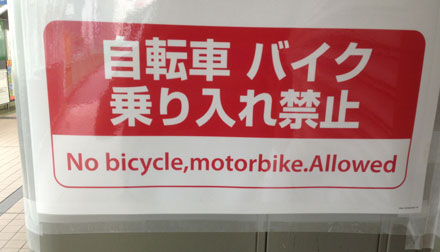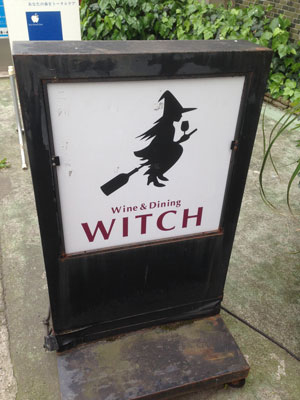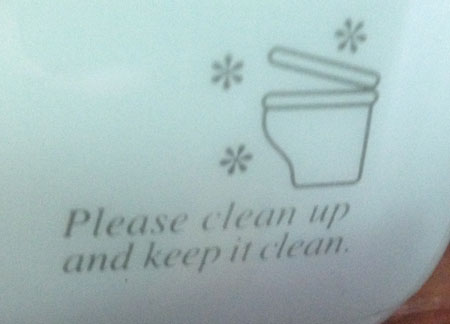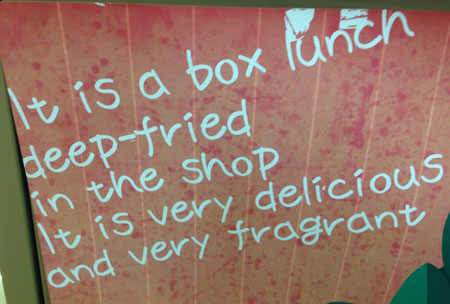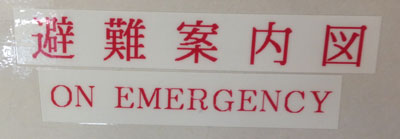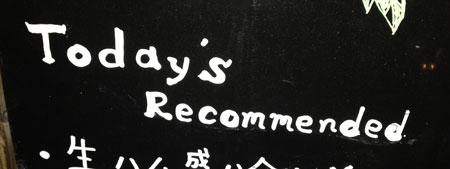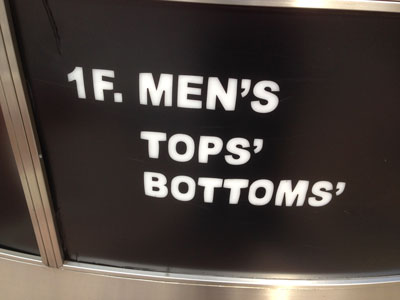
X MEN’S TOPS’ BOTTOMS’
Tim says:
This week, more strange punctuation! The clothing is for men, so “men’s” is correct. But is there something that is for the tops and bottoms? Do they own something? I doubt it, so there’s no need for those apostrophes! These should simply be plural forms, not plural possessive.
O MEN’S TOPS BOTTOMS
Ayumi says:
謎のアポストロフィ・・・
MEN’Sはわかります。men’s clothingの省略です。
でも、TOPS’やBOTTOMS’についているアポストロフィはなんなのでしょう?
おそらくtops’ clothing, bottoms’ clothingのつもりなのでしょう。 でも、topsは「上に着るもの」、bottomsは「下に履くもの」の意味ですのでアポストロフィは不要。
topsを上半身、bottomsを下半身の意味で使っているのか?といろいろ考えてみてもやっぱり不自然です。2020年の東京オリンピックまでには修正しておきたいところです。
田中亜由美は「TOEICテスト クロストレーニング PART 1・2」などの本は販売中!ブログはこちら.
周囲にある英語を見て、果たしてそれが正しい英語なのだろうかと感じる英語はありますか?「あの英語は絶対に間違っている」という英語の表記はありますか?看板の写真を撮って、Machigai.comに送りましょう!とんでもない英語だったら、このコーナーで出します!




